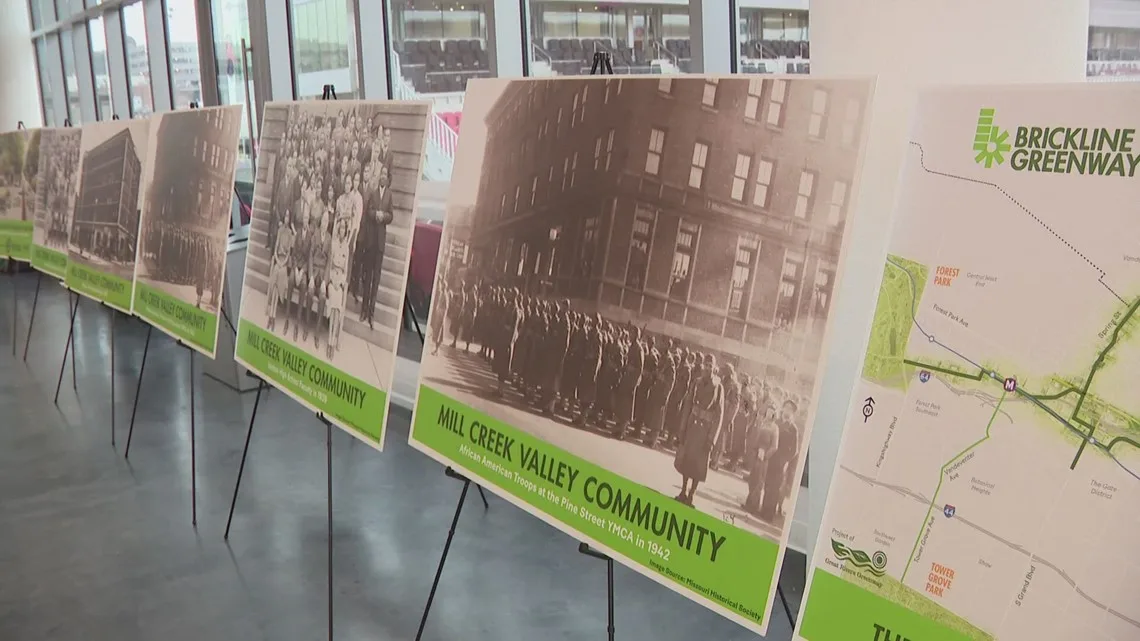
The group is tasked with hearing from the community about how slavery, segregation and other race-based harms have affected St. Louisans.
ST. LOUIS — The City of St. Louis held its fourth reparations commission meeting on Wednesday.
The group is tasked with hearing from the community about how slavery, segregation and other race-based harms have affected St. Louisans.
The Chair of the St. Louis City Reparations Commission, Kayla Reed, says they’re now starting to narrow down the areas they want to focus on including disparities in housing, the economy and Thursday they talked about public health.
Reed says these listening and learning sessions are so important to understanding how black families have been affected simply because of the color of their skin for decades.
“From housing loss to neighborhood displacements to just economic instability due to job loss and lack of opportunities, we’ll give recommendations about how resources should be used to restore some of those harms,” Reed said.
Some of those harms are even more visible when it comes to public health.
“Fourty-four percent of African-American kids in Saint Louis live in poverty. So what is the life expectancy in those kids?” Reparations Commission Vice Chair Dr. Will Ross said.
Dr. Ross went through data showing historically black neighborhoods in St. Louis have a lower average life expectancy.
“If you look at zip codes near north St. Louis, 63106, the average life expectancy is 67 years. If you moved us 6 miles west, the Clayton zip code 63105 the life expectancy is 18 years higher,” Dr. Ross said.
James N. Gallagher III says his family, from Mill Creek Valley, is proof of that. After he claims toxic chemicals sprayed to get rid of mosquitos caused severe health problems killing his family members at early ages.
“We had a lot of a lot of the kids who were running up behind the trucks. They would come twice a week up the neighborhood. But it was specifically in the Mill Creek Valley. They stopped at Grand, they wouldn’t go to the 3500 block,” Gallagher said.
Now he wants to see some kind of compensation for those, including himself, who have been hurt by chemicals and other health issues based on where they lived.
“I’m the last member of my family and I’m the only living patriarch of my family on both sides. It’s just nothing you can do to make up for it because the damage is done. But they can help us live comfortably,” Gallagher said.
Reparations Commission meetings can be watched here.


